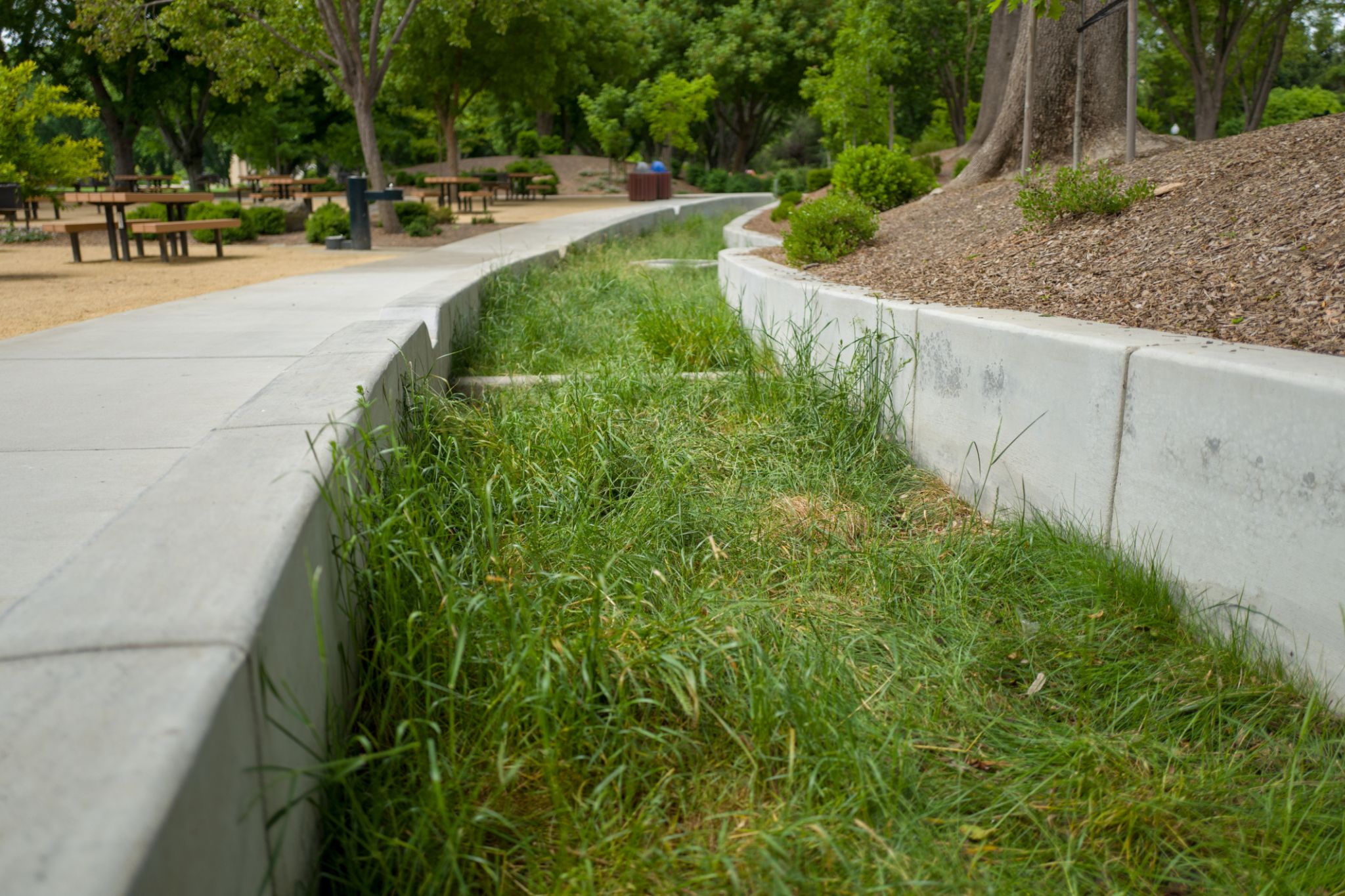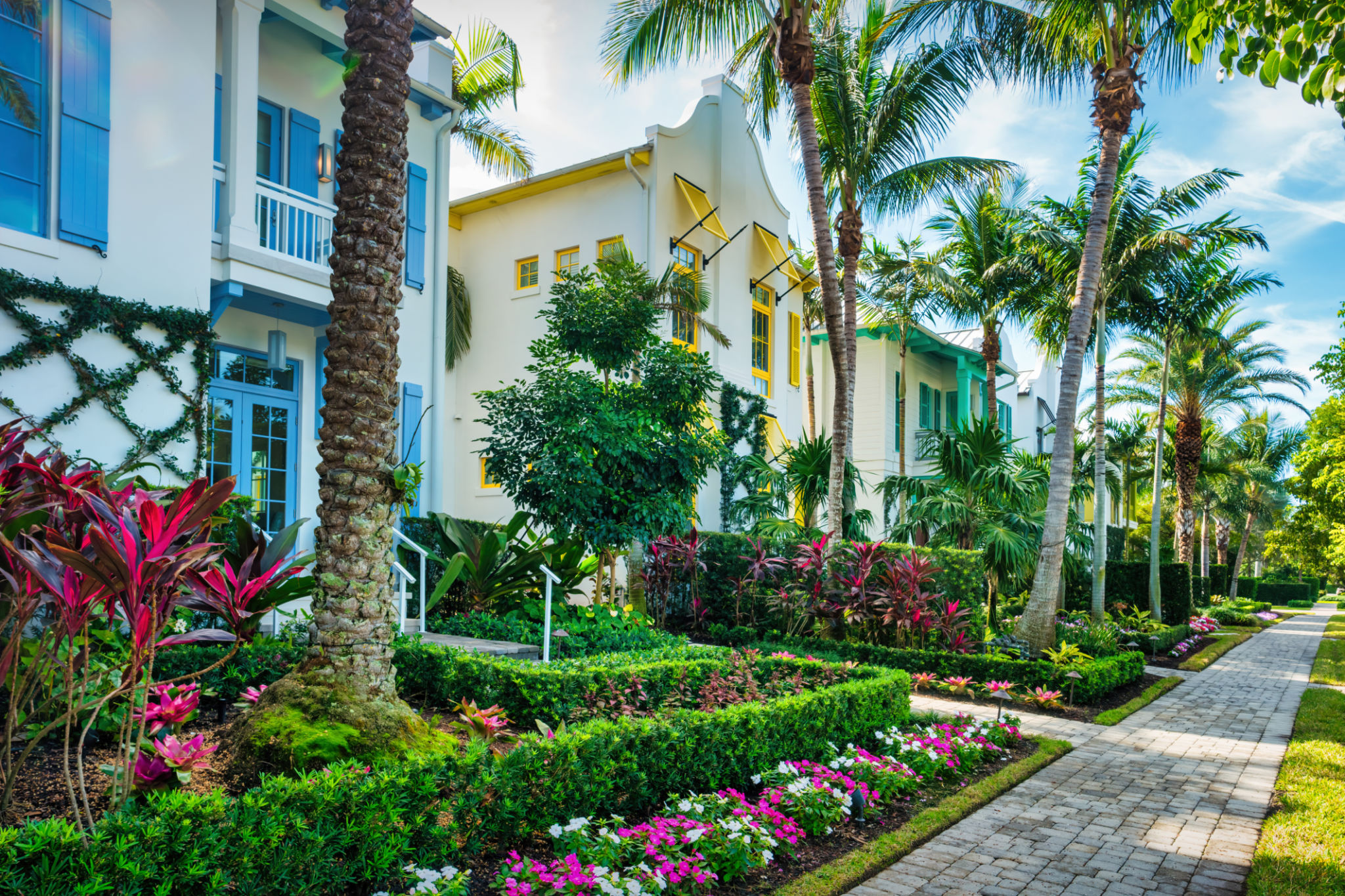Seasonal Maintenance Tips for Your Bio-Swale in Florida
Understanding Bio-Swales
Bio-swales are a sustainable landscape element designed to remove silt and pollution from surface runoff water. In Florida, where rainfall is abundant, maintaining bio-swales is essential for effective stormwater management and environmental protection. As the seasons change, so do the maintenance needs of your bio-swale.
Bio-swales are typically shallow, vegetated channels that slow down water flow and allow it to infiltrate the ground. They are crucial in preventing erosion and reducing pollutants entering waterways. However, to function effectively, they require regular care and attention.

Spring Maintenance Tips
Spring is a time of growth, making it an ideal season to inspect and rejuvenate your bio-swale. Begin by clearing any debris that may have accumulated over the winter months. Leaves, branches, and other organic matter can obstruct water flow and should be removed promptly.
Next, evaluate the vegetation within your bio-swale. Spring is the perfect time to plant new native species that will thrive in Florida's climate. Choose plants with deep root systems to enhance water absorption and filtration. Consider native grasses, wildflowers, and shrubs that can withstand both wet and dry conditions.
Monitoring Water Flow
Ensure that water flows smoothly through your bio-swale by checking for any blockages or erosion. Address these issues promptly to prevent long-term damage. If you notice areas of erosion, consider reinforcing them with rocks or additional plantings to stabilize the soil.

Summer Care for Your Bio-Swale
Summer in Florida can be hot and humid, posing unique challenges for bio-swale maintenance. During this season, focus on managing plant growth and ensuring that your bio-swale remains effective during heavy rainfalls.
Regularly prune overgrown vegetation to maintain optimal water flow and prevent plants from overshadowing others. Additionally, ensure that your bio-swale's slope remains intact; any changes in structure could lead to inefficient water management.
Irrigation Considerations
Although bio-swales are designed to manage excess water, dry spells can occur. During such times, consider supplemental irrigation to maintain healthy plant growth. However, be cautious not to overwater, as this can lead to waterlogging and root rot.

Preparing for Fall and Winter
As fall approaches, it's time to prepare your bio-swale for the cooler months. Begin by conducting a thorough inspection of your bio-swale's structure and vegetation. Remove any dead plants and replace them with hardy varieties that can withstand colder temperatures.
Autumn is also an excellent time to apply mulch around your plants to help retain moisture and regulate soil temperature. Be sure to use organic mulch, as it will decompose over time, adding nutrients back into the soil.
Winter Watchfulness
In winter, even in Florida's milder climate, it's crucial to remain vigilant for any signs of damage from storms or heavy rains. Regularly check for erosion or pooling water and address these issues promptly to ensure your bio-swale remains functional year-round.
By following these seasonal maintenance tips, you can ensure that your bio-swale continues to protect Florida's precious waterways while enhancing the beauty of your landscape.